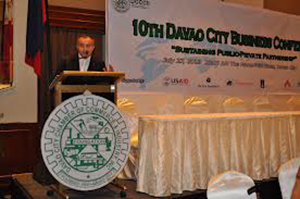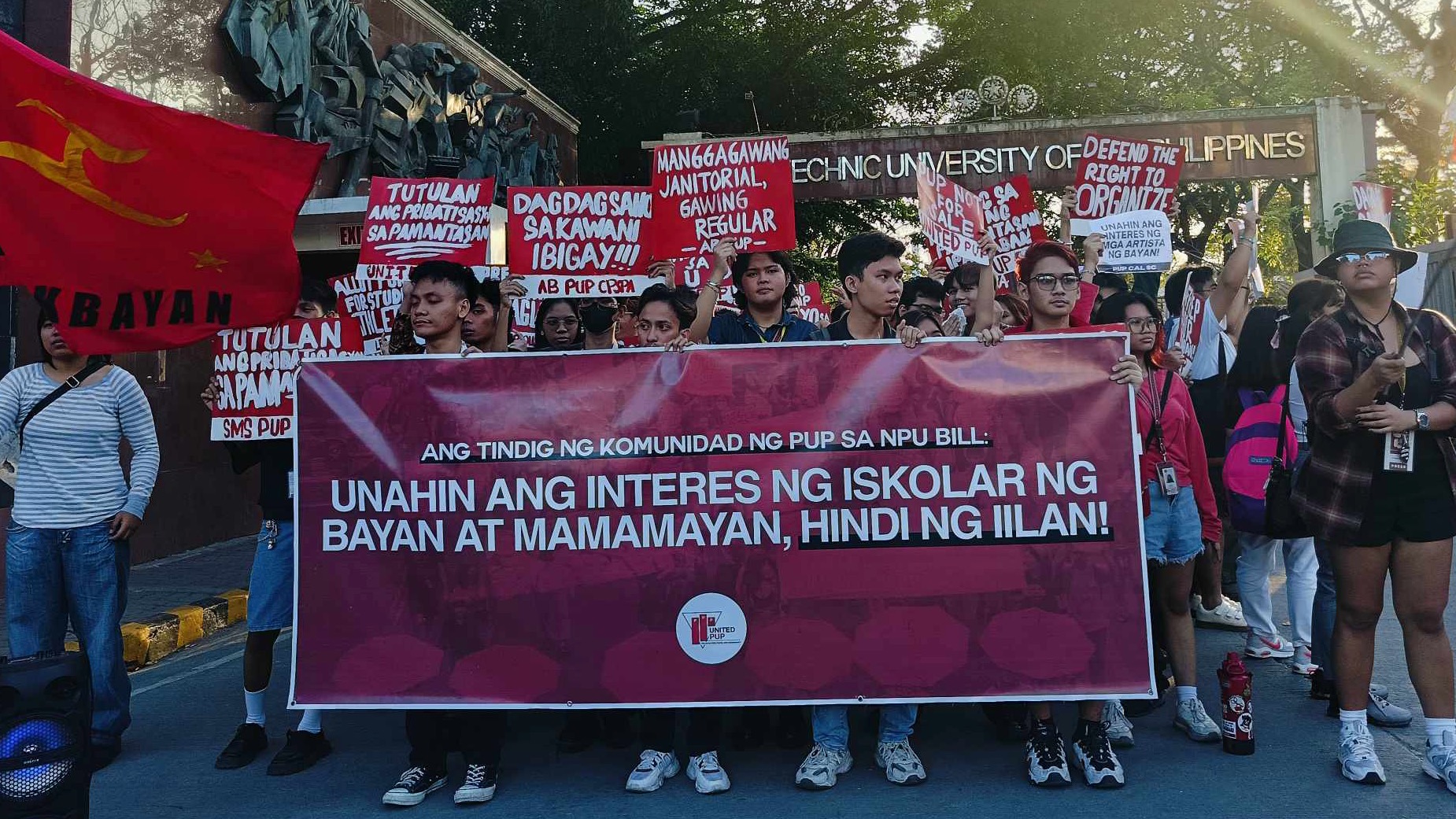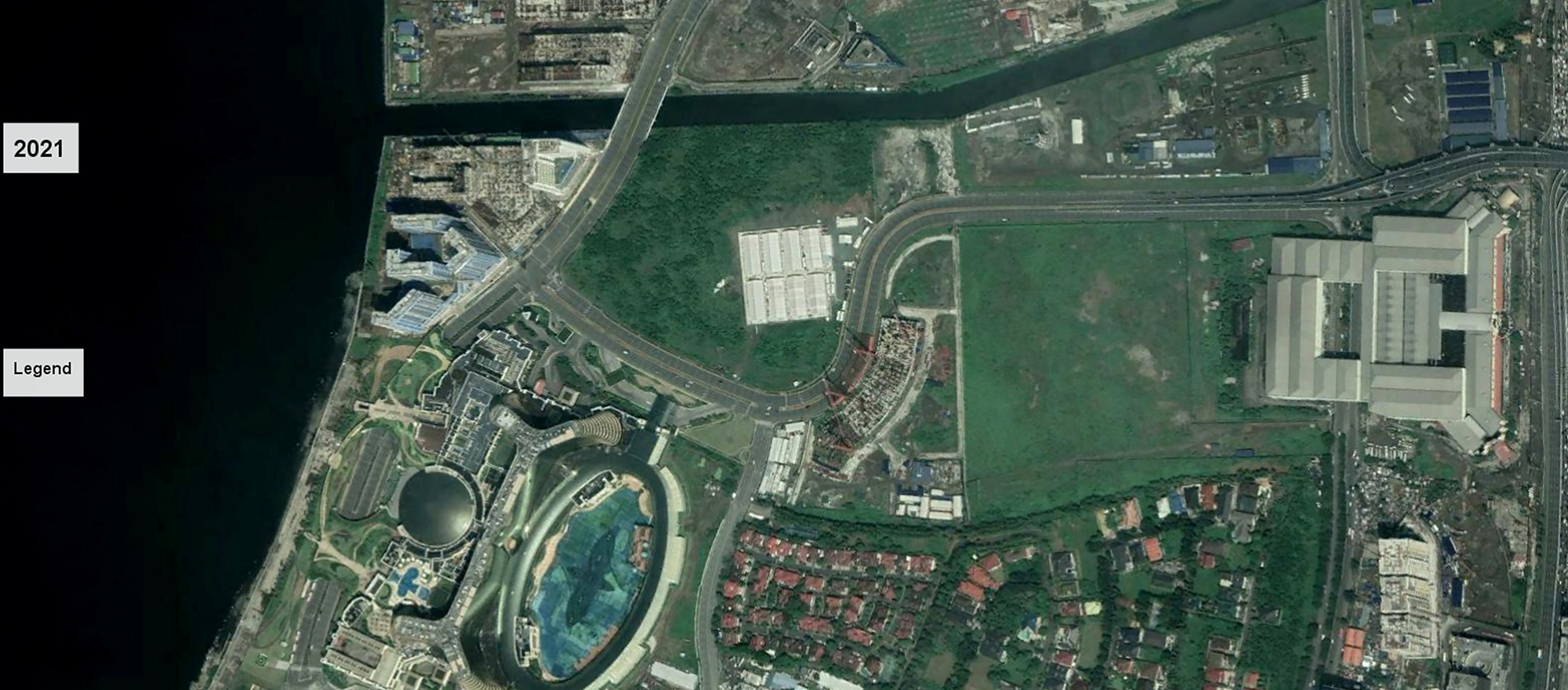Opinion: On the pitfalls of Public-Private Partnerships
The umbrella group of progressive organizations Bagong Alyansang Makabayan (BAYAN) in Southern Mindanao Region warns the public about the pitfalls of public-private partnerships (PPP), contractual agreements between government and private firms for supposed delivery of services, as the city council is deliberating for the enactment of a PPP ordinance being pushed by Davao City Chamber of Commerce and Industries, Inc. […]

The umbrella group of progressive organizations Bagong Alyansang Makabayan (BAYAN) in Southern Mindanao Region warns the public about
the pitfalls of public-private partnerships (PPP), contractual agreements between government and private firms for supposed delivery of services, as the city council is deliberating for the enactment of a PPP ordinance being pushed by Davao City Chamber of Commerce and Industries, Inc. (DCCCII) at the behest of Malacanang.
PPP, a centerpiece economic program of the Aquino regime, is a Trojan horse of privatization, which is the same economic policy along with
liberalization and deregulation pursued by the much-hated Arroyo regime that contributed to government’s rising debt woes and people’s economic hardships.
Under PPP, private investors do not bring much investment as often hyped by the government but actually rely on foreign loans, frequently with government guarantees or assuring creditors that, in case of loan setbacks, both local and national governments and their agencies will assume responsibility for the repayment of loans which the private investors incurred.
The high operation and maintenance costs of Metro Rail Transit (MRT), a 25-year Build-Lease-Transfer (BLT) contract between the government and Japanese-Filipino firm Metro Rail Transit Corp. (MRTC), which the government agreed to guarantee payments for the US $426-million debt incurred by MRTC in building the infrastructure and a 15% return on investment (ROI) per year.
This is one of the sweet deals that resulted to fare rate hikes, more public debts and more corruption. It costs taxpayers more because the
private firms that win contracts have to borrow money at a higher interest rate and it deprives them with the needed basic services as
well.
The enactment of PPP ordinance will legitimize privatization through PPP and will likely make the city government wallow more on debts. Davao City government has a remaining debt of P2,333,171,937.74 based on Mayor Sara Duterte’s estimates while it paid a total of P461,252,589.87 in 2011 and P145,806, 740.00 in the first four months of 2012 as certified by Land Bank of the Philippines (LBP).
This explains the local government’s insufficient budget allocations for housing program and health services due to loan problems and national government’s abandonment of its responsibility to deliver basic services to its constituency.
The Aquino regime has proposed to amend the implementing rules and regulations of Republic Act 7718 or the Amended Build-Operate-Transfer (BOT) Law to require government guarantees on PPP projects, including unsolicited proposals such as surface water development projects and schemes for privatization of water and public hospitals through corporatization.
BAYAN, its allied organizations and other anti-privatization groups are now conducting information, education and communication campaigns
to raise public awareness on the threats of privatization and to motivate the people to take action.




